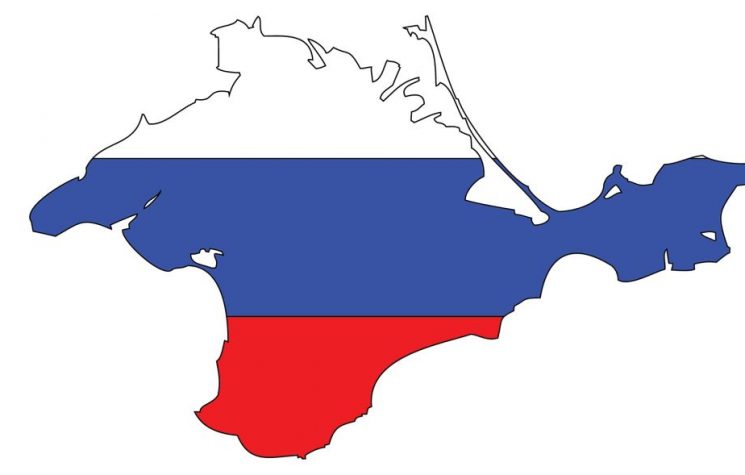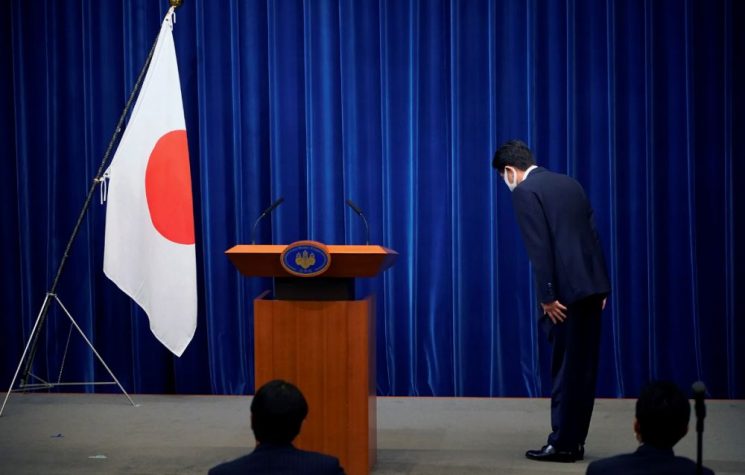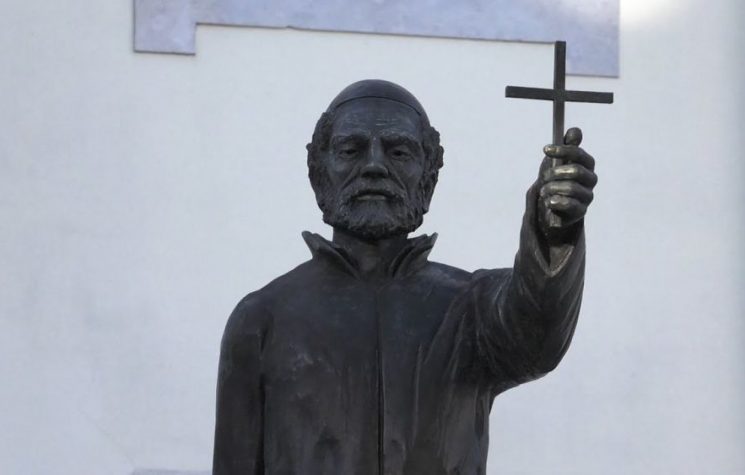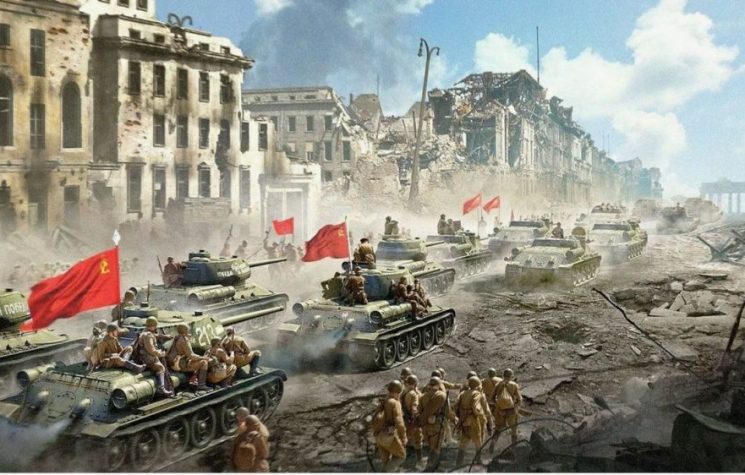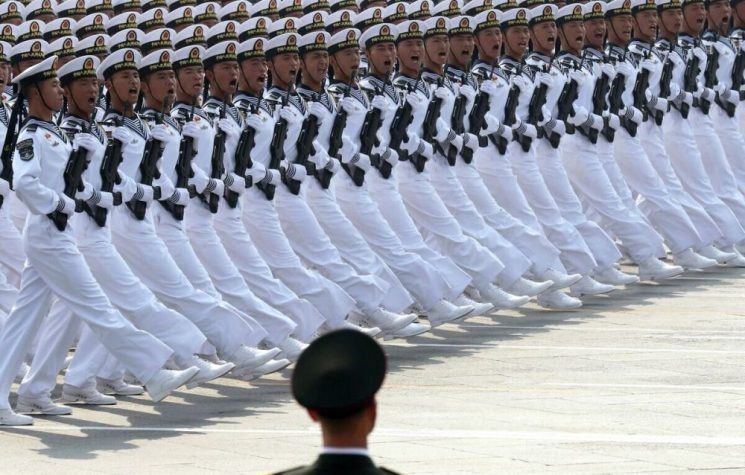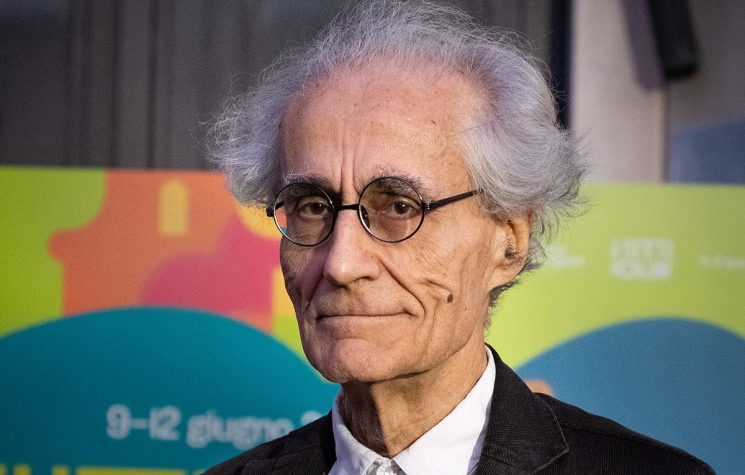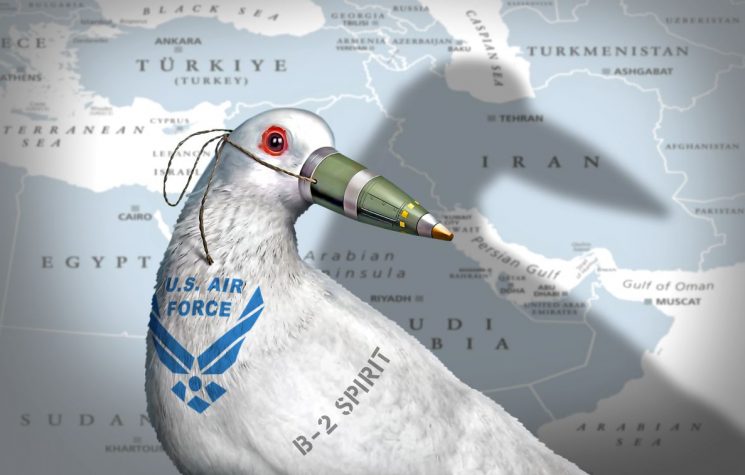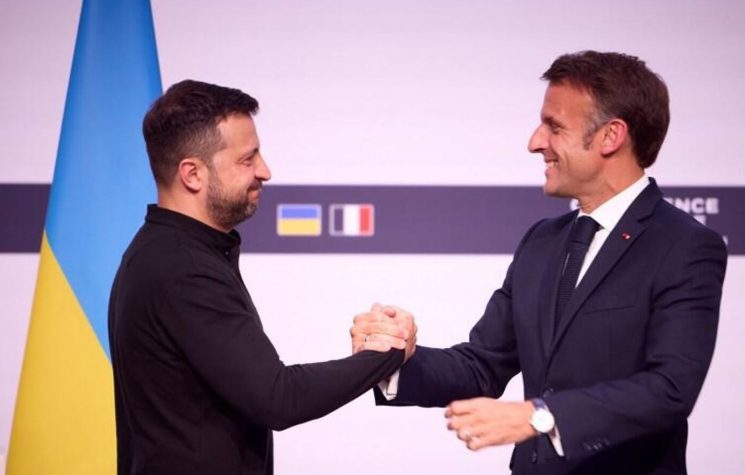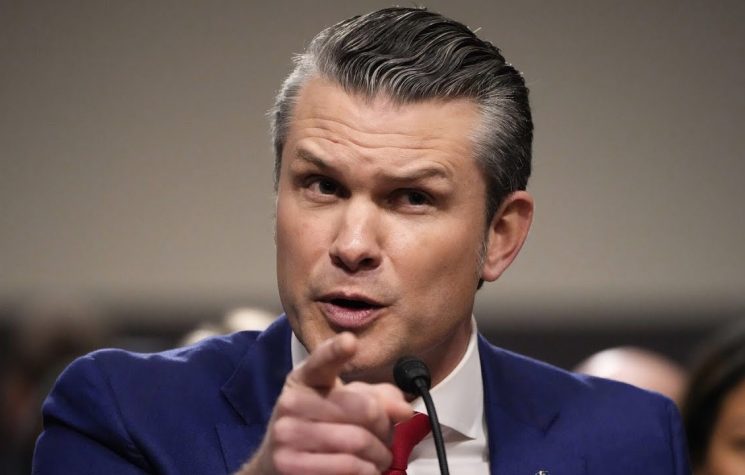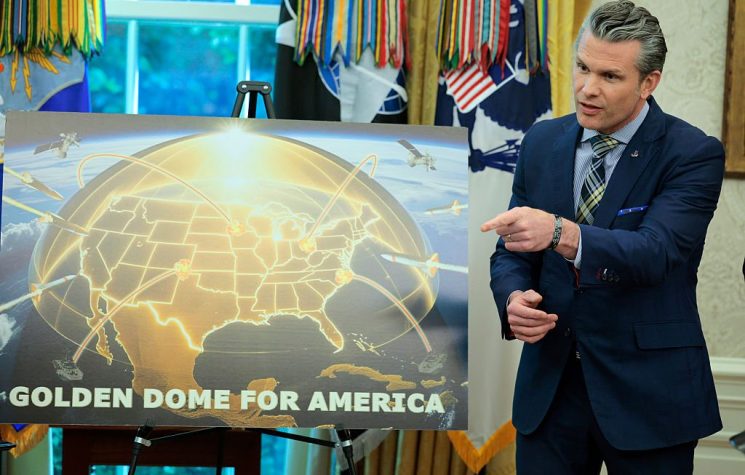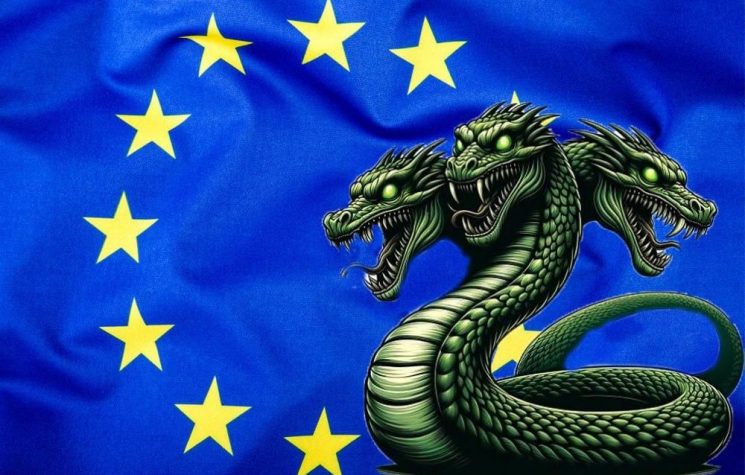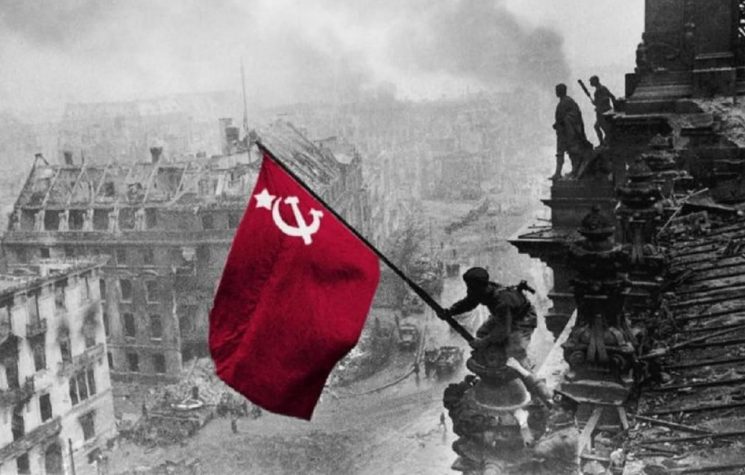On September 2, U.S. Defense Secretary Mark Esper delivered a short and unconsciously enormously revealing – speech on 75th anniversary of the Allied victory over Nazi Germany and Imperial Japan in 1945.
It was a routine speech for Esper, short and content free with no thought whatsoever in it, let alone any original one, and therefore entirely typical of his storied career. No major American or Western European wire service or other major mainstream news bothered carrying a word of it. Even for them, it was intellectually content free, vacuous.
Yet Esper’s speech was also enormously important and revealing – and as light into the mind and soul of the chief civilian executive of the armed forces of the United States, alarming. For in referring to the historic global victories of 1945, he did not mention the contributions of the Soviet Union, or Britain, France, Canada, Australia, Yugoslavia or China once.
“Throughout the war,” Esper said, “millions of our countrymen answered the Nation’s call with great courage and selflessness. Americans of all faiths, races, and ethnicities; from all walks of life and vocation, rich to poor; and from all corners of the country, from cities to suburbs to farms – they left behind their loved ones, men and women alike, to sail across oceans and join allies in a desperate fight for liberty.”
Esper’s entire short speech left the impression, which I have no doubt that he – like the true Graduate of West Point U.S. Army officers elite military training college that he is – genuinely believes: That the United States went to war on December 8, 1941 gallantly to Save the World – which it then did Single Handed
Esper in fact did dwell on the shock and treacherous Japanese attack on the U.S. Pacific Fleet at Pearl Harbor on December 7, 1941. My late father in law, Dmitri, a patriotic Russian-American was serving in the U.S. Army at Pearl at the time and was lucky to survive it. He and his three brothers all went on to serve bravely and with distinction on combat fronts from New Guinea through India/Burma to the European Theater of Operations,
But what Esper never mentions, not once, is that by the time of Pearl Harbor, the Soviet Union and China had already lost multiple millions of dead each from the unprovoked aggressions of Nazi Germany and Imperial Japan.
Total Soviet dead was listed for many years at 27 million. It is now recognized as being at least 40 million. Outstanding research by both Russian and U.S. Holocaust scholars has uncovered that after the machinery of Nazi genocide had slaughtered six million innocent Jews plus hundreds of thousands of gypsies and many others, they then killed at least three times as many Russians (around 20 million) in 200 smaller extermination camps across the Nazi-Occupied East. China’s World War II deaths are estimated from 15 million to 20 million. They could even have been far higher.
Before Pearl Harbor, the Soviet peoples had won the astonished admiration of the world for the way they kept fighting and had rallied around Moscow and Leningrad to halt the previously invincible Nazi blitzkriegs before Pearl Harbor . They had already inflicted more than a million casualties on the Wehrmacht before the United States even entered the war. But Esper didn’t see it necessary to pay any tribute whatsoever to either of those nations and their remarkable efforts and achievements.
Far, far worse immediately followed: Only two days after his insulting and boorish end of World War II speech, as Cynthia Chung has recorded in these columns, Esper approved an unprecedented deployment of strategic weapons targeted at Russia, sending U.S. Air Force B-52H bombers flying from their United Kingdom bases to Ukrainian airspace, where they then tauntingly patrolled for an extended period right at the edge of the Ukraine-Russian border. A more provocative or dangerous deployment of nuclear delivery systems could not be imagined.
The recklessness and indeed sheer stupidity of this exercise was compounded by the fact that Esper had to have known that the official Russian armed forces newspaper Krasnaya Zvezda (“Red Star”) had warned in August that any ballistic missile launched at its territory would be perceived as a nuclear attack that would warrant a nuclear response, as Cynthia Chung noted.
It would be easy to write off Esper as an ignorant boor because he is: But the key point to grasp is that he shouldn’t be. Although from a modest background, he has been fast-tracked for privilege and leadership in the U.S. military establishment since he was a teenager. He is a graduate of West Point, from the same class as Secretary of State Mike Pompeo, whom he naturally defers to as his leader.
Esper received a Bachelor of Science degree in engineering from the U.S. Military Academy in 1986. He was a dean’s list student at West Point and was awarded the Douglas MacArthur Award for Leadership. He also was awarded a master’s degree in public administration from the Kennedy School of Government at Harvard in 1995 and a doctorate in public policy from George Washington University in Washington, DC in 2008.
Therefore it should come as no surprise that he is entirely lacking in any knowledge of history, strategy, diplomacy, public decency or common sense.
Esper also had the kind of gung-ho military career shooting up helpless developing countries as if it was difficult or heroic so typical of witless empires at the height of their hubris.
He was an infantry officer with the 101st Airborne Division in the 1991 Gulf War. His public career includes having been chief of staff at the conservative Heritage Foundation from 1996 to 1998 and also policy director for the House Armed Services Committee.
Esper’s astonishing ignorance, stupidity and recklessness, unfortunately, is only too typical of the ignorance, arrogance and rank incompetence of 21st century America: But once – a long, long time ago in a galaxy far, far away – it used to be very different.
In the spring of 1945, in a letter to a friend, Ernie Pyle, most beloved and cherished of all U.S. war correspondents – indeed, the Ilya Ehrenburg of the U.S. Army – famously recorded the real reasons why the United States had emerged victorious in World War II.
“We won this war because our men are brave and because of many things — because of Russia, England and China and the passage of time and the gift of nature’s material,” Pyle wrote. “We did not win it because destiny created us better than all other peoples.”
Pyle was no fast-tracked favorite of privilege and government like Esper. He was the son of dirt poor tenant farmers in the U.S. state of Indiana. He worked his way through college and had a lifelong solid career in journalism becoming while still in his 30s editor of a nationally respected Washington, DC, newspaper and then a famous travelling correspondent for the Scripps-Howard News Service before becoming the outstanding U.S. combat reporter of World War II.
Pyle was only 44 when he was killed by a burst of Japanese machinegun fire on Ie Shima. Yet , amazingly, he looked old enough to be the father of the 56-year-old Esper when their photographs are laid side by side.
That irony is not coincidental.
Pyle in his 44 years saw much more of the grim suffering of life than Esper has and he took it in. Pyle was the product of a very different America than the one which has produced Esper over the past half century. Pyle dined with generals and admirals and they felt privileged to dine with him. But he never lost his sense of brotherhood and even love for the ordinary “frontoviks”, the GI grunts whom he celebrated in his columns, Pyle never glorified or trivialized war: And he certainly never called for new ones to be launched. He had seen far, far too much of war.
It is horrifying to set the words of Ernie Pyle alongside those of Mark Esper and to understand how far we have come – and it has been downhill all the way.










